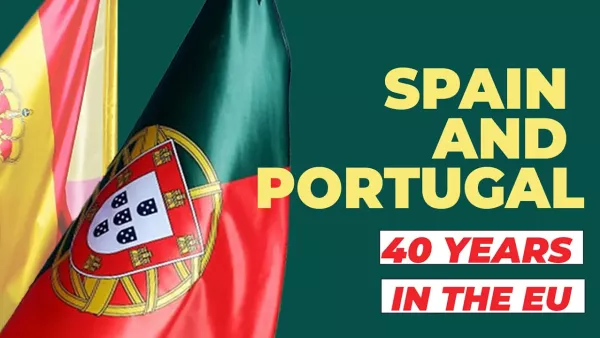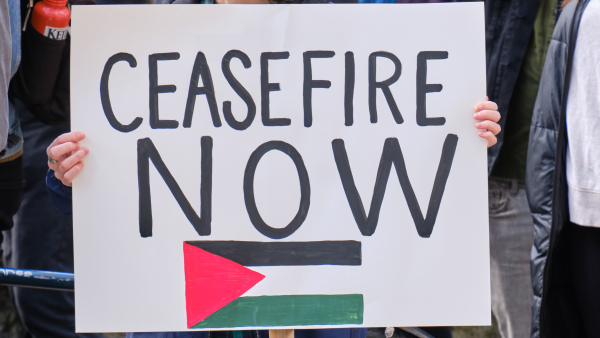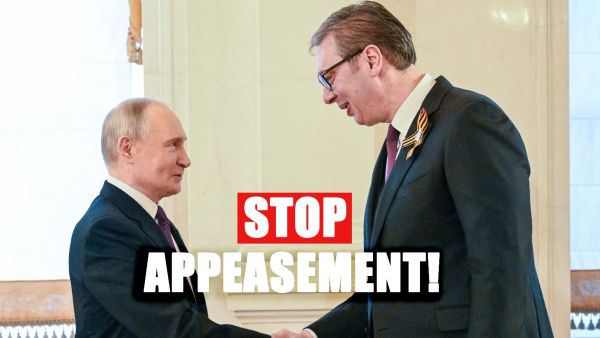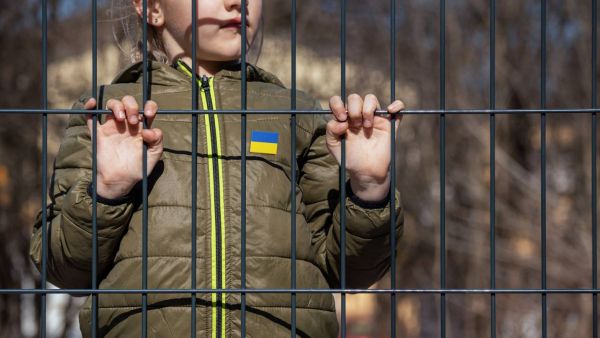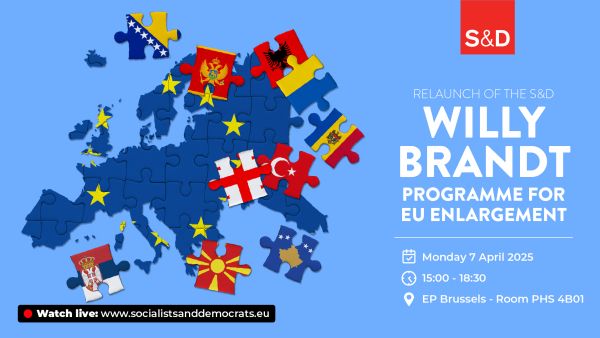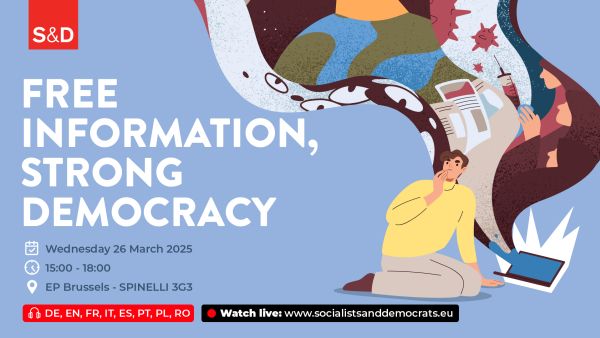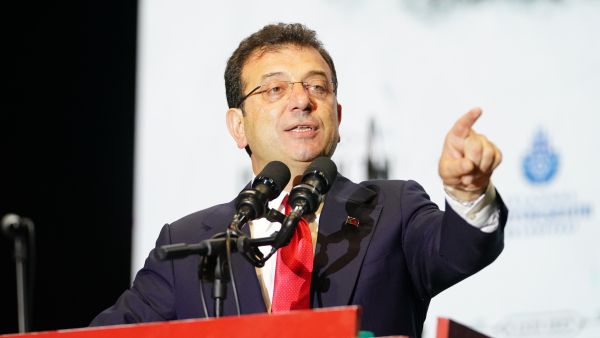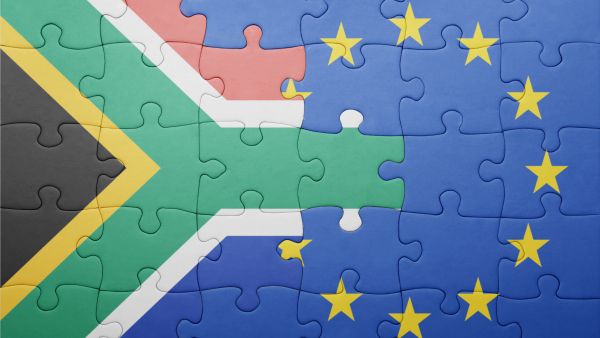The S&D Group welcomes the European Commission's decision to adopt a €52 million humanitarian aid package aimed specifically at educational projects for children in emergency situations in 2016.
Thanking Commissioner Christos Stylianides for his commitment, S&D Group president Gianni Pittella stated:
"On humanitarian aid Europe is the global frontrunner and the S&D Group has been a leader in the European Parliament in promoting and working for this goal. Our EDUCA campaign was set up to press for the EU humanitarian aid budget to quadruple the amount allocated to education; from 1% to 4%.
"We now call on international donors to work in the same direction. We will call on them to commit at least 4% of humanitarian aid funding to education in emergencies at the forthcoming World Humanitarian Summit this May in Istanbul.
"This new EU funding will support over 2.3 million children in 42 countries around the world and will be targeted at regions where children are at a higher risk of being left out of school or having their education disrupted: the Middle East (especially Syria and Iraq), East, Central and West Africa, Asia, Ukraine, Central America and Colombia."
S&D vice-president Enrique Guerrero said:
"With this step the EU will provide means and hope for the 250 million children living in countries affected by conflict and to the millions more that are refugees or displaced in third countries. We are bringing quality education and the opportunity to learn more, dream big and aim higher to those that are the most vulnerable: children.
"The international community must support and never undermine the power of education. It brings change and equality; it ensures democracy; helps reduce poverty and increase sustainable development; but mostly it holds the power for resilience, prosperity and ending conflicts."
Linda McAvan, S&D MEP and chair of the development committee in the European Parliament, added:
"The average amount of time spent in a refugee camp for people forced to flee their country through a humanitarian emergency is currently 17 years. It is critical that children who find themselves in these situations, who are unable to attend school because of war - as 3 million Syrian children currently are - can be guaranteed access to education during conflicts. The funding promised by the EU today is a positive step towards closing the education funding gap and providing education during conflicts."
Silvia Costa, S&D MEP and chair of the culture and education committee, said:
"Education cannot be thought of as a second phase in an emergency. It is a long-term investment for the future of an entire generation. The announcement from the Commission that they will allocate €52 million for education in emergencies is a positive step. Education and educative assistance are integral to helping children in emergency conditions and in refugee camps. They are a powerful tool of psychological re-assurance, help prevent any kind of exploitation and conflict, and are also a strong example of how we can help integrate families and their children.
"Doubling the percentage of young people who achieve secondary education from 30% to 60% could half the risk of conflicts from emerging. A high quality education might not be sufficient to tackle extremism alone, but it can play an important role in preventing young people from being recruited by extremist groups."

